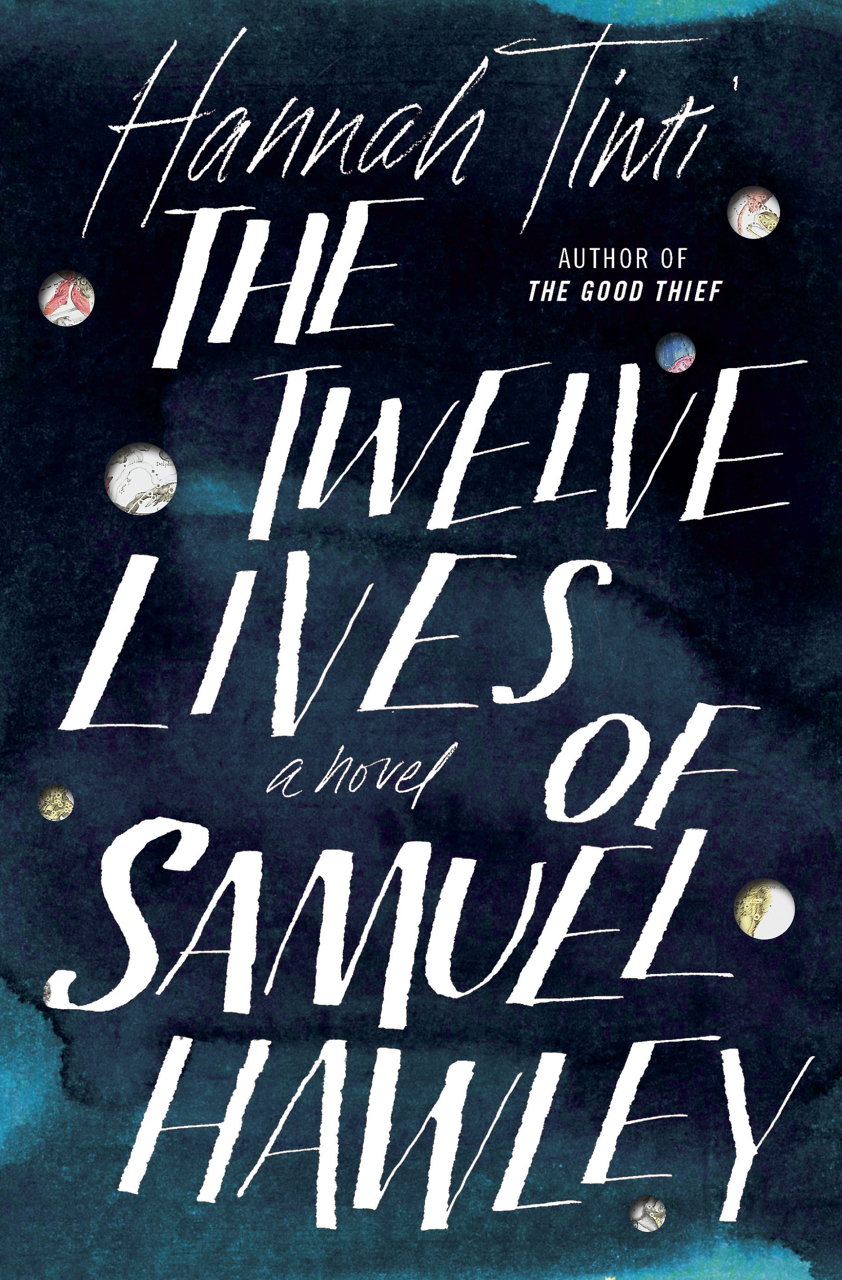Peering Backward
Antonya Nelson’s characters see cause and effect in their own lives—too late to change the outcome
Antonya Nelson has often been praised as one of the great contemporary writers of the short story, and Funny Once more than delivers on that reputation. The collection is an object lesson in exquisitely crafted literary fiction, glittering evidence of Nelson’s skill. The book’s protagonists, all middle-aged or older, are walking paths carved by loss. In many cases, a weary acceptance now cushions the blows life has dealt them—a parting gift that can only come with the long view.
 Each story in Funny Once unfurls from a believable problem, though these are less the stories’ true conflicts than spots to which Nelson applies a pick, tapping, searching for a hairline fracture to probe—to deeply pleasurable, if discomfiting, effect. In the opening story, “Literally,” a widower and his housekeeper search for their sons, who have vanished from home while playing hooky, though another disappearance—the mysterious death of the man’s wife—is what truly powers the story. In “Soldier’s Joy,” a wife travels home after her father is hospitalized, but what unfolds there has less to do with her aging parents’ health than with the brittle state of her marriage. In “Iff,” neighbors gather around a poster of a missing teenage girl, but it’s the narrator’s complex feelings about her son, her ex-husband, and her mother-in-law that form the story’s locus of meaning.
Each story in Funny Once unfurls from a believable problem, though these are less the stories’ true conflicts than spots to which Nelson applies a pick, tapping, searching for a hairline fracture to probe—to deeply pleasurable, if discomfiting, effect. In the opening story, “Literally,” a widower and his housekeeper search for their sons, who have vanished from home while playing hooky, though another disappearance—the mysterious death of the man’s wife—is what truly powers the story. In “Soldier’s Joy,” a wife travels home after her father is hospitalized, but what unfolds there has less to do with her aging parents’ health than with the brittle state of her marriage. In “Iff,” neighbors gather around a poster of a missing teenage girl, but it’s the narrator’s complex feelings about her son, her ex-husband, and her mother-in-law that form the story’s locus of meaning.
Put another way, these are deeply character-driven stories, incredibly successful ones. Nelson is less interested in plot twists than in her characters’ inner lives and the decisions they’ve made (or not) that have led them to the moment of the story. She’s a sorceress when it comes to exploring her characters’ motivations—and their lives’ turning points—without grinding the narrative to a halt or veering into tangent. Set into motion, Nelson’s protagonists peer backward, seeing cause and effect now that it’s too late to alter the outcome. The distant past suddenly presents its ramifications, as in “Winter in Yalta,” in which two friends who fell for the same man decades earlier find their friendship suddenly threatened by that long-ago competition, fractured by one friend’s confession of a secret.
For Nelson, nothing is ever really behind us, but in considering the past her characters find support in surprising alliances: a widower and his housekeeper in “Literally”; a divorced woman and her mother-in-law, who continues living with her when her son moves out, in “Iff”; a troubled teenage girl and her father’s mistress in “The Village”; a divorced woman and her son’s ex-girlfriend in “The There There”; an older woman and her ex-stepdaughter in “First Husband.”
 “Ex. Former. Step,” Lovey, the former step-grandmother, muses. “As if there was some remove in the relationship. As if there had ever been.” Babysitting while her former stepdaughter searches for her husband, presumably out on a bender, becomes an occasion for Lovey to consider the nature of these fractured-family ties, which are no less meaningful for their fragility. “[B]efore her was a boy for her to love, who loved her. He would grow up and perhaps grow away from her—there was no shared blood, and someday he would understand that, he would untie the knots of those prefixes that labeled this woman Lovey, ex and step. He would turn into a teenager and disappear like his father into the night.”
“Ex. Former. Step,” Lovey, the former step-grandmother, muses. “As if there was some remove in the relationship. As if there had ever been.” Babysitting while her former stepdaughter searches for her husband, presumably out on a bender, becomes an occasion for Lovey to consider the nature of these fractured-family ties, which are no less meaningful for their fragility. “[B]efore her was a boy for her to love, who loved her. He would grow up and perhaps grow away from her—there was no shared blood, and someday he would understand that, he would untie the knots of those prefixes that labeled this woman Lovey, ex and step. He would turn into a teenager and disappear like his father into the night.”
Many of the protagonists in Funny Once are so-called “invisible women”–people in their fifties and sixties, off the radar of the youth-obsessed media but girded by years of experience and hurt, their minds bright with passion, humor, rage. They are the single parents of teens, the caretakers of aging parents, the navigators of relationships with ex-husbands, old friends. They may be bold and unhinged, like Bergeron Love, who shows up naked on a neighbor’s doorstep in “Chapter Two,” literally refusing to be invisible. And they may matter deeply to those with whom they’ve formed surprising bonds. In “The Village,” Darcy thinks of her father’s former mistress and the impact she had on Darcy’s life:
Lois, whom everyone seemed to believe was very impractical, an exasperating dingbat, a menace to herself. At best, decorative. A luxury, nonessential. Except, maybe she was essential. Maybe that’s what Darcy wished to be able to tell somebody, somebody who would agree rather than argue. Who would applaud rather than be appalled.
Nelson shows her readers the full humanity of people we too often fail to see, or whom we buckle into stereotypes—the “hidden figures beneath the public subject.” She does so in story after story with lines that show tremendous sagacity about the human capacity for betrayal and desire and self-delusion. Her characters’ sadnesses make them interesting, if difficult. With Funny Once, Nelson proves that her vision and dedication to the inner lives of her characters is as fierce and uncompromising as ever.

Susannah Felts is a writer, editor, and educator in Nashville, as well as co-founder of The Porch Writers’ Collective, a nonprofit literary center. She is the author of This Will Go Down On Your Permanent Record, a novel, and numerous journal and magazine articles.


